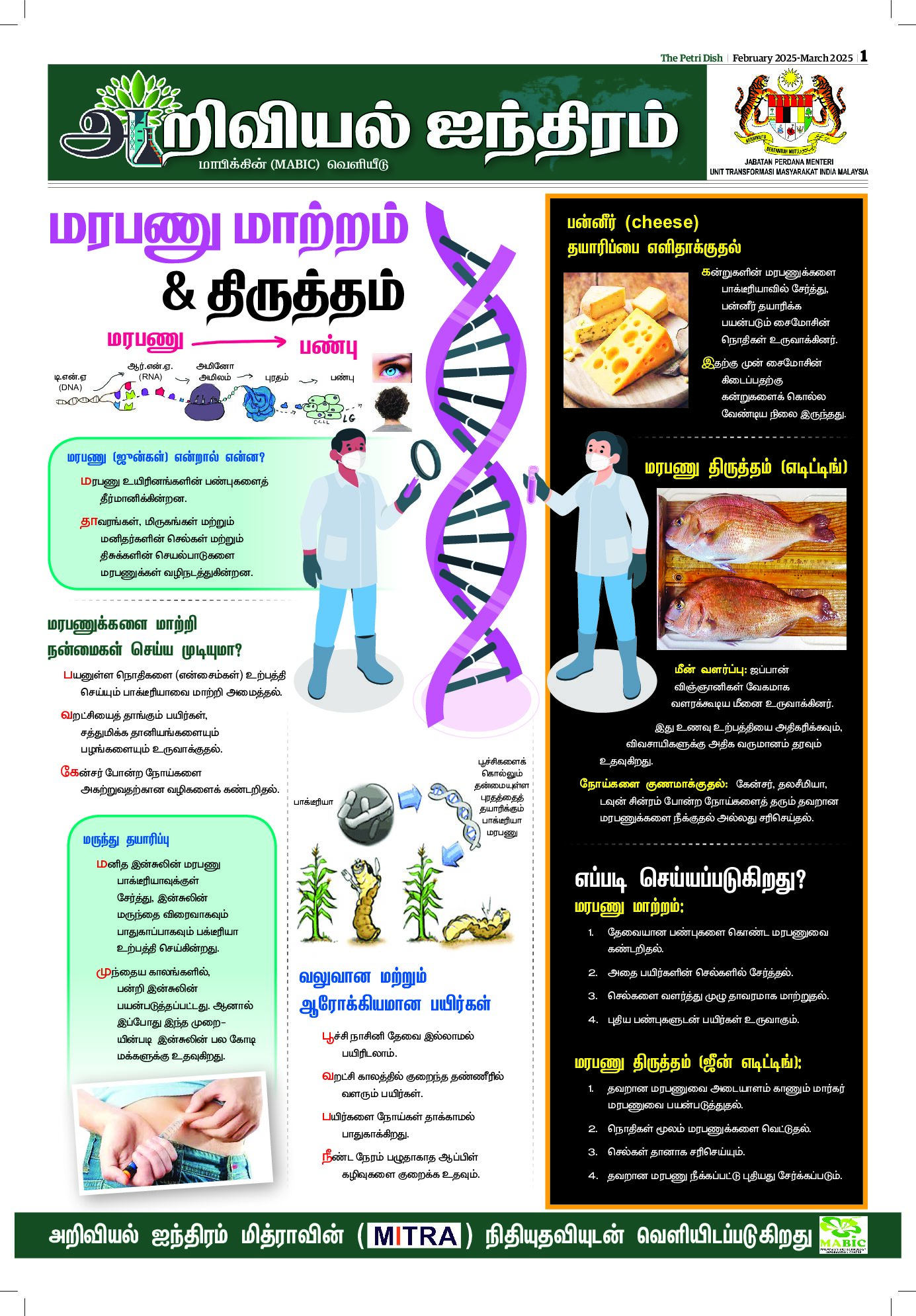Established in Hiroshima, Japan, in 2019, a new wave of biotechnology pioneers has emerged to tackle pressing challenges in agriculture, healthcare, and environmental sustainability.
By integrating bio-digital transformation (Bio-DX) and advanced genome editing, innovative solutions are being developed to reengineer biological functions across diverse species.
The goal is ambitious yet clear: to harness biotechnology to enhance the quality of life and drive global sustainability forward.
The concept of “designing bio-functions to solve social issues” drives the application of genome editing tools in unique ways that directly impact food security, environmental health, and human wellness.
Precision biotechnology is deployed to tackle some of today’s most urgent real-world issues while ensuring solutions remain ethical, effective, and socially responsible.
Breakthrough in Food Allergy Management: Allergen-Reduced Eggs
One notable achievement in food biotechnology is the development of allergen-reduced eggs, a breakthrough that could transform the lives of those affected by egg allergies. Egg allergy is particularly common in Japan, where it ranks as the most prevalent food allergy, primarily due to ovomucoid (OVM), a protein resistant to heat and often responsible for allergic reactions even after cooking.
Traditional alternatives to eggs, like plant-based substitutes, often fall short of replicating the taste, texture, and versatility of real eggs. Using precise genome editing, scientists have successfully developed eggs free from OVM by “knocking out” the gene responsible for producing this allergenic protein. These eggs retain all the culinary qualities of traditional eggs but without the allergenic component, offering a safe and inclusive option for those with egg allergies.
Beyond the culinary appeal, this innovation highlights an ethical and sustainable approach to food production, as the genome editing technique does not impact the health or growth of the chickens. With the potential to become a global solution, allergen-reduced eggs pave the way for a more inclusive food culture, where dietary restrictions are minimised, and shared meals are made possible.
Ensuring Safety and Efficacy Through Rigorous Testing
Safety and efficacy remain priorities in developing allergen-reduced eggs. Extensive testing, including serum tests and clinical trials, has been conducted to verify the allergen-free status of these eggs across various culinary applications. Preliminary results suggest that these eggs maintain their allergen-free properties even after cooking, underscoring the reliability and effectiveness of genome editing techniques.
In addition, large-scale demonstration tests are underway to optimise production and processing methods, ensuring that allergen-free eggs meet the highest standards as they move toward broader accessibility. Such meticulous validation processes are essential in meeting consumer needs and regulatory standards as these solutions become more widely available.
Beyond Eggs: The Future of Allergy-Friendly and Bio-Enhanced Foods
The success of allergen-reduced eggs marks just the beginning of a broader effort to create allergy-friendly and bio-enhanced food options. With expertise in genome editing, future directions include expanding the range of allergen-reduced foods and exploring Bio-DX applications in other sectors like sustainable energy and healthcare, where biotechnology can drive significant transformation.
Collaborations with food manufacturers, healthcare providers, and research institutions will be instrumental in realising these innovations. By working together, stakeholders can contribute to reshaping the food industry, expanding dietary choices, and promoting inclusivity in dining experiences.
As biotechnology continues to evolve, breakthroughs like allergen-reduced eggs represent the potential of science to address real-world challenges meaningfully and responsibly. Through such efforts, the scientific community and industry leaders have an opportunity to contribute to a sustainable, allergy-free future, fostering healthier, more inclusive societies for generations to come.
PtBio is committed to collaboration and technology transfer, actively engaging with partners across Asia to drive sustainable innovation












